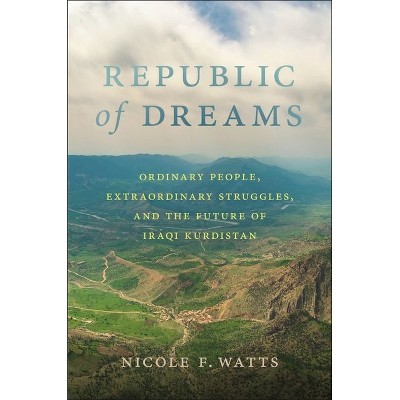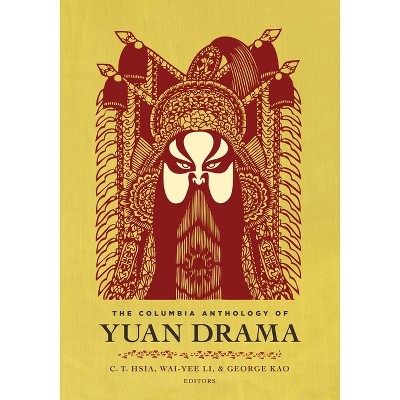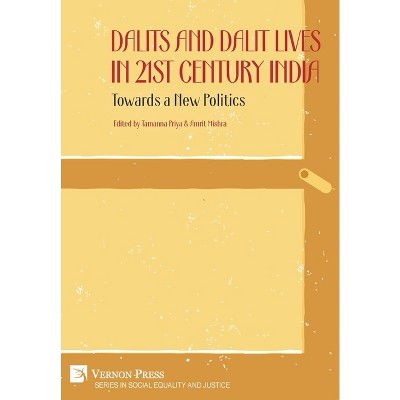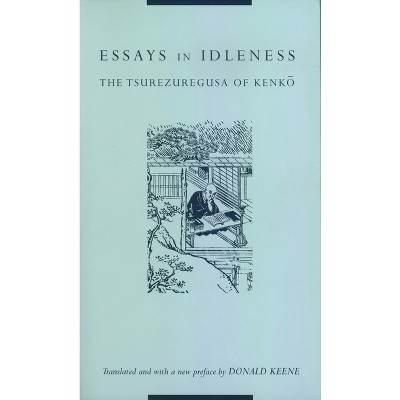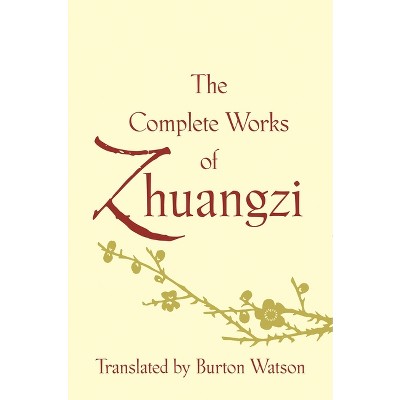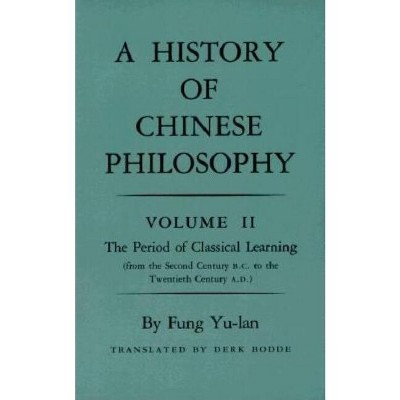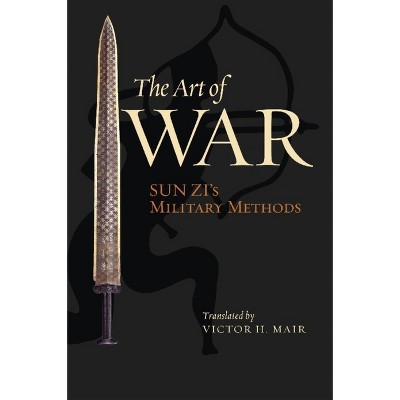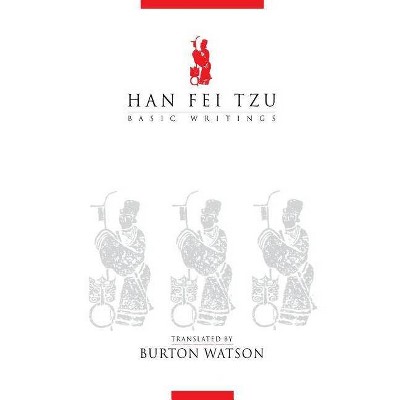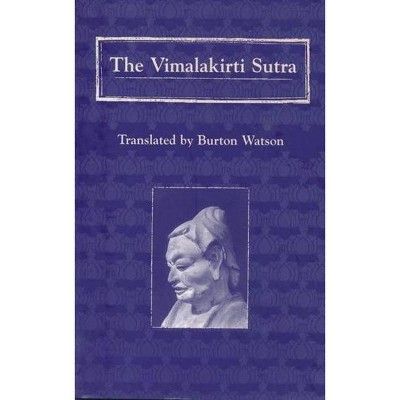Sponsored

Essays of a Recluse - (Translations from the Asian Classics) by Fu Wang
In Stock
Sponsored
About this item
Highlights
- Under the Eastern Han dynasty (25-220 CE), a self-described recluse wrote a series of essays denouncing the evils of his time.
- About the Author: Wang Fu (ca. 85-162 CE) was a scholar who lived on the western frontier of the empire during the Eastern Han dynasty.
- 624 Pages
- Philosophy, Eastern
- Series Name: Translations from the Asian Classics
Description
About the Book
"The Qianfulun is a collection of 36 essays that helps us to understand the Eastern Han, especially as it covers a fascinating array of subjects ranging from critiques of contemporary religious practices, such as shamanism, divination and dream interpretation, to social criticism targeting contemporary problems such as conspicuous consumption, the corruption of office holders, and the status of women and marriage practices. Wang Fu, who lived in the northwest, also writes about China's military presence on its frontiers, explores problems and solutions for the selection of worthy governmental officials, and analyzes contemporary views of cosmology and moral philosophy. As the son of a concubine who possessed neither wealth nor powerful social connections, Wang Fu provides a rare view of Han culture from the fringes of elite society. Available in full for the first time to English-language readers, the Qianfulun is a treasure trove of information about daily life and politics during the Eastern Han"--Book Synopsis
Under the Eastern Han dynasty (25-220 CE), a self-described recluse wrote a series of essays denouncing the evils of his time. Assailing corruption, misrule, and neglect of the common people, Wang Fu's Essays of a Recluse (Qianfulun) offers a rare outsider view of culture, society, and government during this period. This book presents the first full English translation of the Qianfulun, one of the most significant works to survive from the Eastern Han period.
Wang's essays range across moral philosophy, cosmology, education, military affairs, and conflict in the borderlands. The essays decry governmental corruption and rampant litigiousness, as well as the callous neglect of the poor and the exploitation of women. To remedy these failures, Wang Fu calls for heeding the wisdom of the classics and implementing procedures for recruiting worthy officials. His focused interest in the common people and sensitivity to their travails make Essays of a Recluse a rich source of information about daily life during the Eastern Han period, providing insights into folk religion, divination, marriage practices, and the legal system. Widely admired in his lifetime, Wang's essays were later singled out by Han Yu (768-824 CE) as one of the three great works of the period. Anne Behnke Kinney and John S. Major's expert translation makes an important but notoriously complex and difficult work accessible to a range of English-language readers.Review Quotes
Wang Fu was a most distinguished and interesting writer and thinker, and Qianfulun is an important source for both the philosophy and the history of his time. This new and complete translation will be valuable to all students of early China.--Rafe de Crespigny, Australian National University
This is a gem: a complete translation of Wang Fu's searing and comprehensive indictment of how Eastern Han society has betrayed its Confucian ideals. By physically separating passages written in parallel prose from those in a looser contemporary style, the translators masterfully display the sophisticated texture and logic of the work.--Keith Knapp, The Citadel, The Military College of South Carolina
Wang Fu was an impassioned critic of the social and political order of his day, especially irate at the obstacles faced by those without connections to the powerful. By translating Wang Fu's wide-ranging essays, Kinney and Major bring much needed attention to this important observer of life in second century China.--Patricia B. Ebrey, University of Washington
About the Author
Wang Fu (ca. 85-162 CE) was a scholar who lived on the western frontier of the empire during the Eastern Han dynasty. Said to be the son of a low-ranking concubine, he never held an official government post. The Qianfulun is his only surviving work.
Anne Behnke Kinney is professor of Chinese at the University of Virginia. She is translator of Exemplary Women of Early China: The Lienü zhuan of Liu Xiang (Columbia, 2014), among other books. John S. Major, formerly professor of history at Dartmouth College, is an independent scholar. He is cotranslator of The Huainanzi (Columbia, 2010), among other books.Shipping details
Return details
Frequently bought together



Trending Philosophy






